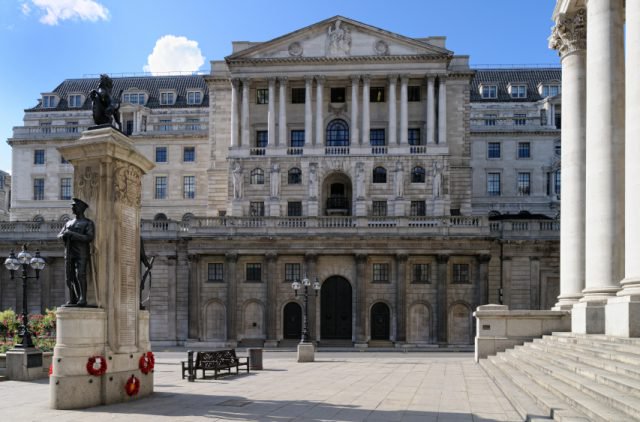Despite Government efforts to “take the shine off buy-to-let” through major tax changes for landlords, the sector is still “a very attractive investment opportunity”, according to an independent finance and property advisory firm.
Paul Mahoney, the Managing Director of Nova Financial, insists that the property sector “will remain resilient and continue to provide strong returns”, despite the changes.
Over the next few months and years, landlords will face numerous changes to the way they operate their lettings businesses, particularly financially.
Mahoney explains what’s in store for you in the near future if you’re a buy-to-let investor.

Contrary to Popular Belief, Buy-to-Let “is Not Dead”, Insists Finance Firm
He starts with the Wear and Tear Allowance: “As of 1st April 2016, furnishings will no longer be depreciated at a flat rate of 10% per annum. However, a positive change is that replacements of furniture will be deducted against the income of the investment for that year.”
Additionally, many landlords will see reductions in mortgage interest tax relief. Mahoney says: “From 2017 to 2020, the ability to offset mortgage interest against the income of the investment at the landlord’s own marginal tax rate will be reduced to the basic rate.
“This will be phased in using proportions of the landlord’s tax rate versus the basic rate as follows: 2017 = 75%/25%; 2018 = 50%/50%; 2019 = 25%/75%; and in 2020, all mortgage interested will be deductible at the basic rate of 20%. There are solutions to this scenario for those that may be negatively affected.”
He continues: “Lastly, as of 1st April 2016, there will be a 3% Stamp Duty premium for second homes and buy-to-let properties.”
Mahoney believes that the measures were proposed in order to crack down on the sector. He states: “The Government is trying to take the shine off buy-to-let, which has been, and will remain, a very attractive investment opportunity.
“They are using the proceeds to fund first time buyer incentives, which will have a positive impact upon the property market overall.”
But he insists: “Potential investors and current landlords need to be aware of these changes, how they relate to their investments and therefore account for them in making decisions moving forward. The key to doing this right is to seek professional advice.”
And while some landlords may be contemplating leaving the sector, Mahoney thinks the market is robust enough to handle the changes.
“These changes may negatively affect the sentiment of buy-to-let in the minds of some, but given the long-term nature of property and the fact that prices do not tend to move up and down quickly, like they do in stocks, the property market will remain resilient and continue to provide strong returns,” he claims.
“The buy-to-let sector is certainly still an attractive investment,” he maintains. “Contrary to what many journalists are saying, buy-to-let is not dead.”
However, Mahoney does acknowledge that landlords will see changes to their personal finances: “There will undoubtedly be some landlords that currently hold portfolios that are in a post-tax positive cash flow position, that will potentially be pushed into a negative cash flow position following the reduction in the ability to offset mortgage interest at their own marginal tax rate.
“These landlords may need to downsize their portfolios and rethink their strategy moving forward, but there are options.”
He reassures investors: “This is by no means the majority of landlords though, and the simple law of economics will prevail in property; when there is a lack of supply of housing and a growing demand for housing, prices in general will increase, both from a rental and capital appreciation perspective.”
Mahoney offers his advice to investors: “So when investing in areas where there are very strong reasons for people to live, such as employment, infrastructure, facilities and amenities, strong socio-economic levels and low vacancy rates, and where land is a limited commodity, you can have confidence in positive outcomes.”
He concludes: “The old cliché of property doubling every ten years no matter where you buy may be over, but by selecting very carefully, ideally with the help of an independent advisor, great opportunities exist.”
For all of the latest buy-to-let updates and landlord advice, remember to check LandlordNews.co.uk.











